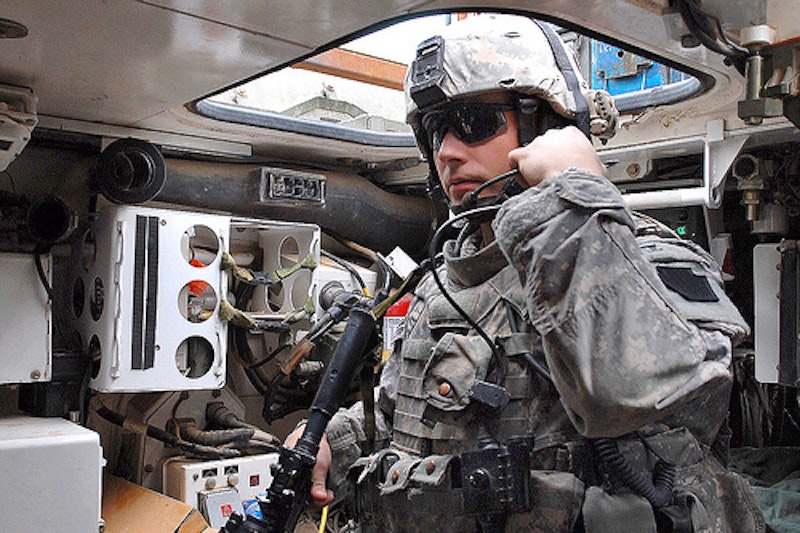Like many bars and restaurants around town, the Golden West Cafe in Hampden plays music throughout the day, letting their employees bring in iPods and MP3 players to hook up to the stereo system. God knows how many times I've walked in and heard Tom Waits' Raindogs or the Arcade Fire's Funeral blaring from the speakers, and I've certainly knocked back a few beers to Journey's Best Of more times than anyone reasonably should. But a couple weeks ago, a representative from ASCAP dropped by and issued a warning: without the proper licensing, such a set-up violated copyright laws. I'll let the Better Business Bureau explain:
The Copyright Law of the U.S. today gives copyright owners the exclusive right to publicly perform or authorize performance of their works.
Generally speaking, public performances are very broadly interpreted under the law and are defined as performing 'at a place open to the public or at any place where a substantial number of persons outside of a normal circle of a family and its social acquaintances is gathered.' This has been interpreted to mean that most performances at so-called private clubs and fraternal organizations are “public” under the copyright law.
Such performances, of course, include both live and recorded music. So if you're a business of any reasonable size and you play music to further said business, well you could be in for a pretty hefty fine (thousands and thousands of dollars hefty). All things considered, the Golden West got off pretty easy. In case you forgot, Red Maple was sued by ASCAP back in 2007 for similar "DJ" copyright violations, and the case was settled out of court for an undisclosed sum. That whole debacle was part of a nationwide crackdown by ASCAP: 26 venues in 17 states according to a 2007 article by Wired.
That same year ASCAP went after other businesses around town, not just bars and clubs, but venues like Load of Fun, for example, which used to run small local shows (think 10 or 15 attendees). Unable to afford the license, Load of Fun had to stop having shows entirely, which isn't good for anyone, least of all upcoming Baltimore musicians.
In fact, so many venues (well-known and otherwise) in Baltimore operate under such questionable legal circumstances that I won't even mention them here, and during bad financial times, like the ones we're in now, pretty much every venue struggles just to keep the doors open and the lights on, so I can't help but feel good about the Hexagon's recent decision to go ASCAP free -- even if literally every other club in the U.S. but one (AS220 in Rhode Island) who has made the same move has been shut down for some kind of slip-up. But I guess that's not the point. As Michael Byrne put it:
It's important to remember that the Hexagon isn't doing something that much different from what businesses attempt to do all the time. The difference is that the Hexagon is making a statement with it. No license, and an absolute ban on music under license... It's a political decision. It is a "fuck you" to a system that the collective has decided it doesn't agree with.
It's all just more and more completely fucked, broken copyright law stuff, but in a city like Baltimore, with very few good legal venues, the music depends—absolutely depends—on small underground shows (house venues, the warehouse scene, open spaces like the Hexagon, etc.), and if ASCAP or the other PROs actually began shutting these places down, it'd wreck cultural havoc in Mobtown.

